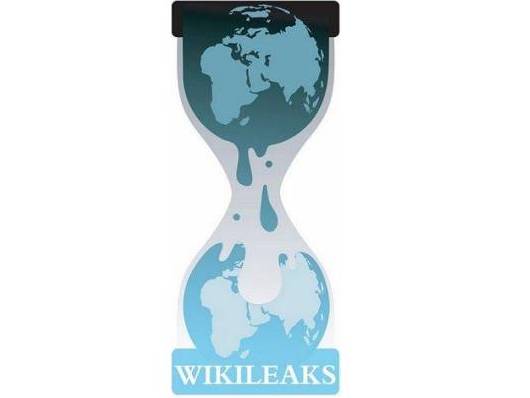Wikileaks releases 92,000 secret Afghan-war files

Document-leaking website Wikileaks has obtained 92,000 secret files relating to the ongoing war in Afghanistan.
Wikileaks has already made over 75,000 of the confidential files public, having sent the information directly to The New York Times, Germany's Der Spiegel, and the UK's Guardian newspaper.
A devastating portrait
The Guardian has said that the information presents a "devastating portrait of the failing war in Afghanistan," revealing gruesome details on how the coalition forces have killed hundreds of civilians in previously unreported incidents, how Taliban attacks are on the increase, and how NATO is concerned that Pakistan and Iran are aiding insurgents in the region.
Wikileaks.org has already published 76,900 of the files, the "Afghan War Diary" and is delaying the release of an extra 15,000 files in order to remove names and sensitive information.
The White House has responded angrily to the leaks, issuing a statement, in which White House national security adviser James Jones said:
"The United States strongly condemns the disclosure of classified information by individuals and organisations which could put the lives of Americans and our partners at risk, and threaten our national security.
Sign up for breaking news, reviews, opinion, top tech deals, and more.
"Wikileaks made no effort to contact us about these documents - the United States government learned from news organisations that these documents would be posted.
"These irresponsible leaks will not impact our ongoing commitment to deepen our partnerships with Afghanistan and Pakistan; to defeat our common enemies; and to support the aspirations of the Afghan and Pakistani people."
The squalor of war
WikiLeaks founder, Julian Assange, told The New York Times: "It shows not only the severe incidents but the general squalor of war, from the death of individual children to major operations that kill hundreds."
The Guardian has already published the key incidents revealed in the files, which it refers to as "one of the biggest leaks in intelligence history" in the form of a spreadsheet.
Stay tuned for updates as we hear more.
Via The Guardian and The New York Times
